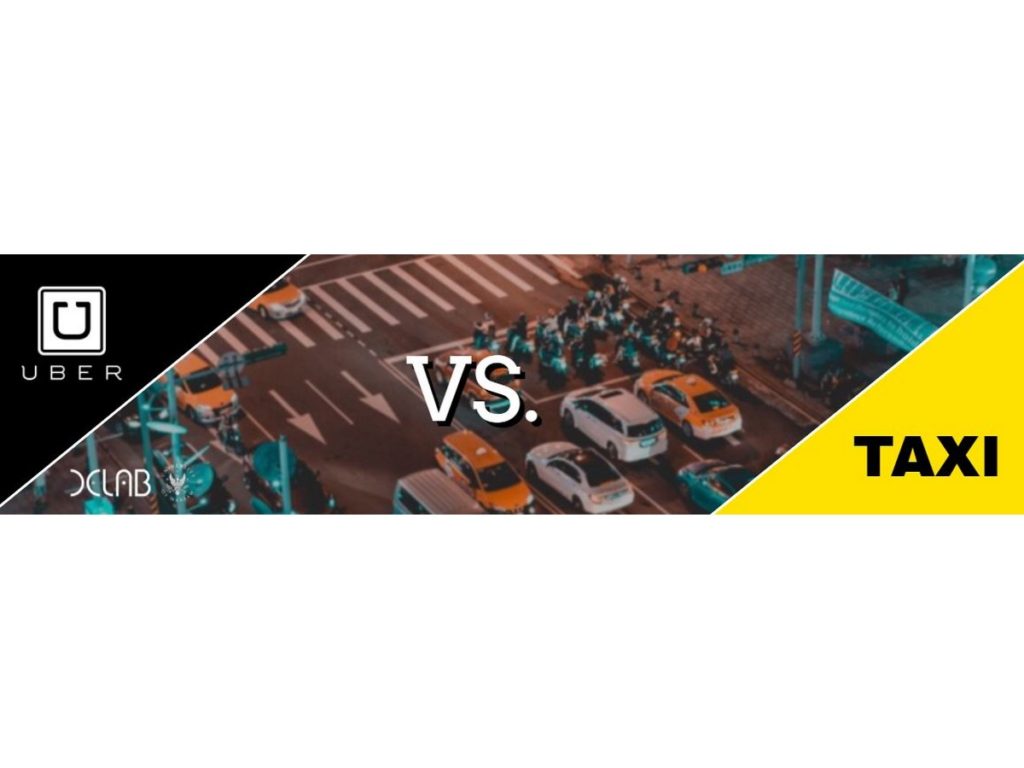Pojawienie się Ubera, a także innych usługodawców, którzy wykorzystują sharing economy, stworzyło wielowymiarowe problemy wynikające z konieczności określenia ich prawnego charakteru. Protesty tradycyjnych przewoźników przeciwko nieuczciwej ich zdaniem konkurencji są jednym z efektów braku równowagi między poziomem uregulowania taksówkarzy a Uberem. Platforma, nieograniczana koniecznością pozyskiwania odpowiednich licencji czy zezwoleń, które muszą pozyskać tradycyjni przewoźnicy, rozwijała się bardzo szybko. Jednak wchodzenie Ubera na kolejne rynki przyniosło skutki w postaci orzeczeń sądów z różnych państw, które określają, czym z ich perspektywy prawnej jest Uber. Niestety brakuje orzeczenia Trybunału Sprawiedliwości Unii Europejskiej dotyczącego charakteru usług oferowanych przez Ubera, jednak od 11 maja 2017 r. dysponujemy opinią rzecznika generalnego TSUE na ten temat, która nadaje godny uwagi kierunek nad dalszymi prawnymi refleksjami.
Joanna Mazur, Analityczka DELab UW
W 2015 r. Uber był stroną ponad 170 postępowań sądowych. Przykładami rozważanych kwestii były m.in.: pytanie, czy kierowcy korzystający z aplikacji w celu dokonywania przewozów są pracownikami Ubera, problem wymogu posiadania licencji i kasy fiskalnej przez kierowców dokonujących przewozów dzięki aplikacji czy zagadnienia podatkowe. Chociaż pytania stawiane w poszczególnych sprawach przyjmują różną formę i dotyczą różnych gałęzi prawa, ich wspólnym mianownikiem jest potrzeba określenia relacji między tradycyjną usługą przewozu osób, a przewozem świadczonym za pośrednictwem platformy. Na podstawie dotychczas wydanych orzeczeń można zaryzykować stwierdzenie, że nowe modele biznesowe w gospodarce cyfrowej nie są postrzegane jako „nowe” przez sądy.
Do takich konkluzji prowadzi również opinia rzecznika generalnego z 11 maja 2017 r. w sprawie C‑434/15 Asociación Profesional Elite Taxi przeciwko Uber Systems Spain SL. Rozważane pytania prejudycjalne miały przede wszystkim na celu uzyskanie informacji dotyczącej działalności Ubera: czy jest on usługą społeczeństwa informacyjnego czy usługą w dziedzinie transportu. Analiza znaczenia tych terminów w połączeniu ze zbadaniem charakteru usług oferowanych przez Ubera zaowocowała konkluzją, zgodnie z którą Uber nie może być uznany za platformę współdzielenia samochodów.
Zgodnie z opinią:
Kierowcy w ramach tej platformy proponują bowiem pasażerom usługę przewozu do wybranego przez pasażera miejsca i w zamian za nią otrzymują wynagrodzenie w kwocie, która znacznie przekracza zwykły zwrot poniesionych kosztów. Jest to zatem klasyczna usługa przewozowa. To, czy należy uznać ją za składową „gospodarki społecznościowej”, jest pozbawione znaczenia dla celów jej kwalifikacji w świetle obowiązującego prawa.
Zakwalifikowanie działalności Ubera do kategorii usług przewozowych argumentowane jest przede wszystkim pełnieniem przez niego kontroli nad wszystkimi istotnymi z gospodarczego punktu widzenia elementami usługi oferowanej przez platformę. Podniesiony zostaje szereg aspektów, takich jak m.in. kontrola nad ceną usługi i warunkami, które musi spełnić kierowca i używany przez niego samochód; brak możliwości świadczenia przez niego usługi bez pośrednictwa platformy; czy percepcja użytkowników aplikacji, dla których to Uber jest podmiotem świadczącym usługę, z której korzystają. Zgodnie z opinią rzecznika, działalność Ubera to „jednolita usługa obejmująca zarówno poszukiwanie dostępnego kierowcy i rezerwację kursu, jak i świadczenie przewozu sensu stricto” w związku z czym: „może być uznana za usługę w dziedzinie transportu” (pkt. 67 opinii). Przeprowadzona przez rzecznika analiza rozwiewa krytykowany, głównie w prasie, mit Ubera jako platformy z kategorii tzw. sharing economy. Argumentacja wykorzystana w uzasadnieniu pozwala spojrzeć na usługę w ujęciu, zgodnie z którym najważniejsza jest funkcja pełniona przez platformę i gospodarczy charakter prowadzonej działalności.
Spór o charakter prawny Ubera angażuje jednak nie tylko „platformę”, tradycyjnych przewoźników i sądy. Istotnym graczem jest władza państwowa lub lokalna, której decyzje mogą prowadzić do ograniczenia możliwości korzystania z aplikacji lub nałożenia na oparte o model platformy usługi konkretnych wymogów w zakresie posiadania licencji, kas fiskalnych czy obowiązków podatkowych. W polskich realiach impas wywołany napięciem między dominująco funkcjonalnym podejściem do innowacyjnych rozwiązań prezentowanym przez sądy (zgodnie z którym kierowcy Ubera są de facto taksówkarzami), a technooptymistycznym podejściem prezentowanym przez niektóre organy państwowe, prowadzi do przedłużającego się stanu braku pewności co do prawa obowiązującego innowacyjnych graczy tworzących konkurencję dla tradycyjnych usługodawców. Pozostaje mieć nadzieję, że ostatecznie orzeczenie TSUE doprowadzi przynajmniej do uporządkowania prawnego statusu usług przewozu opartych na modelu platformy internetowej na poziomie unijnym.
Treść opinii dostępna tutaj.



